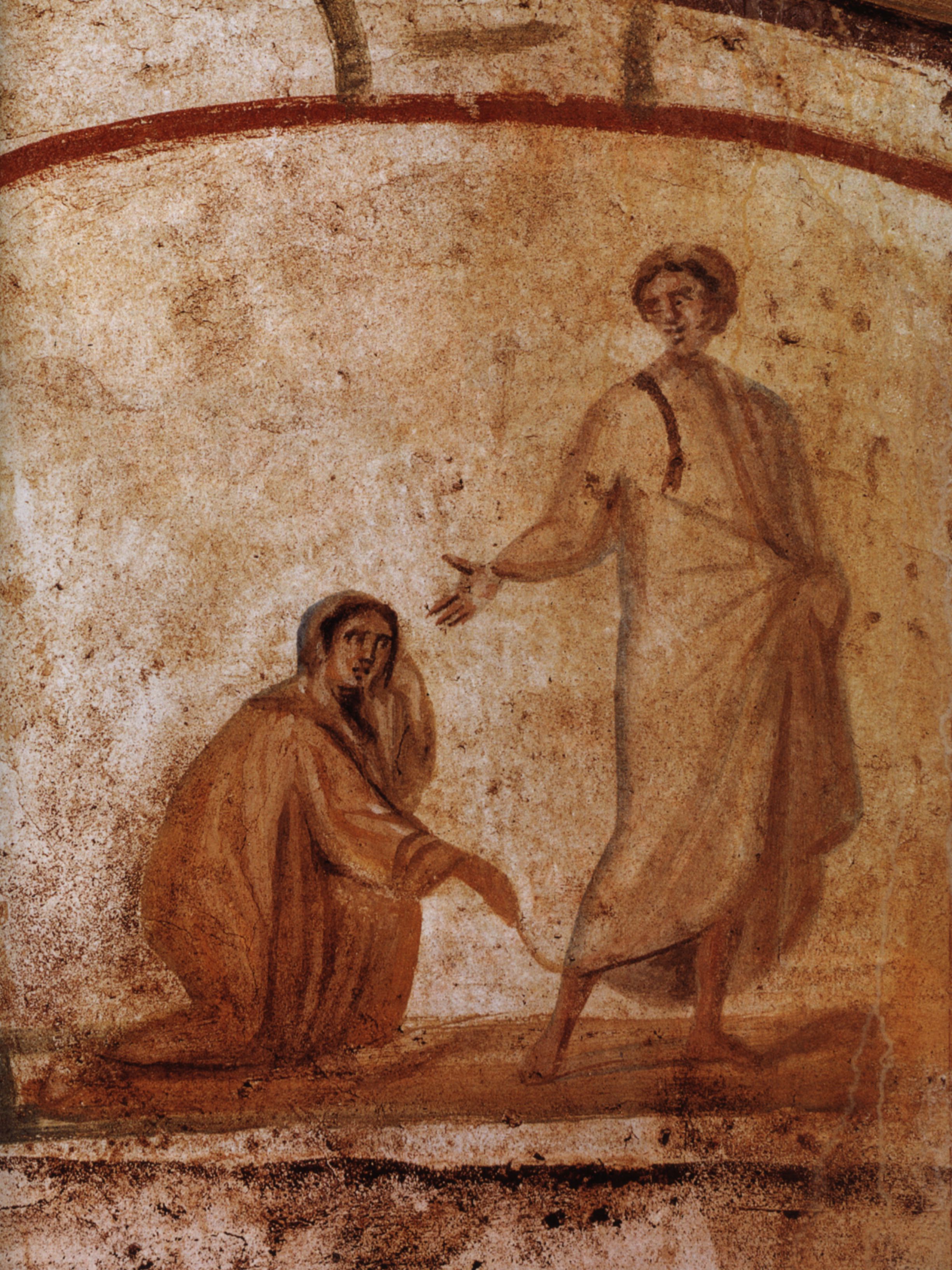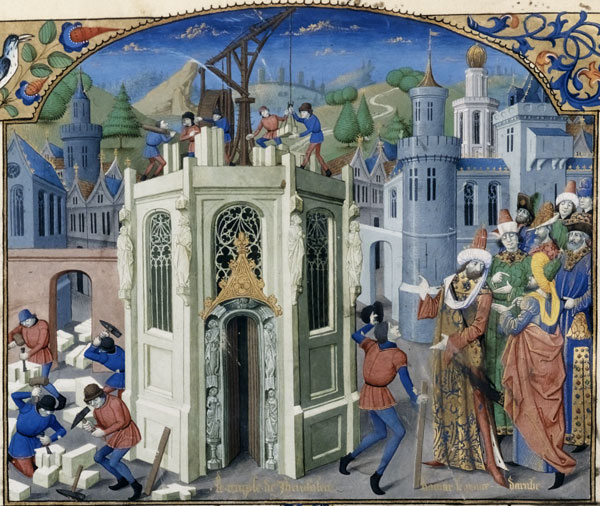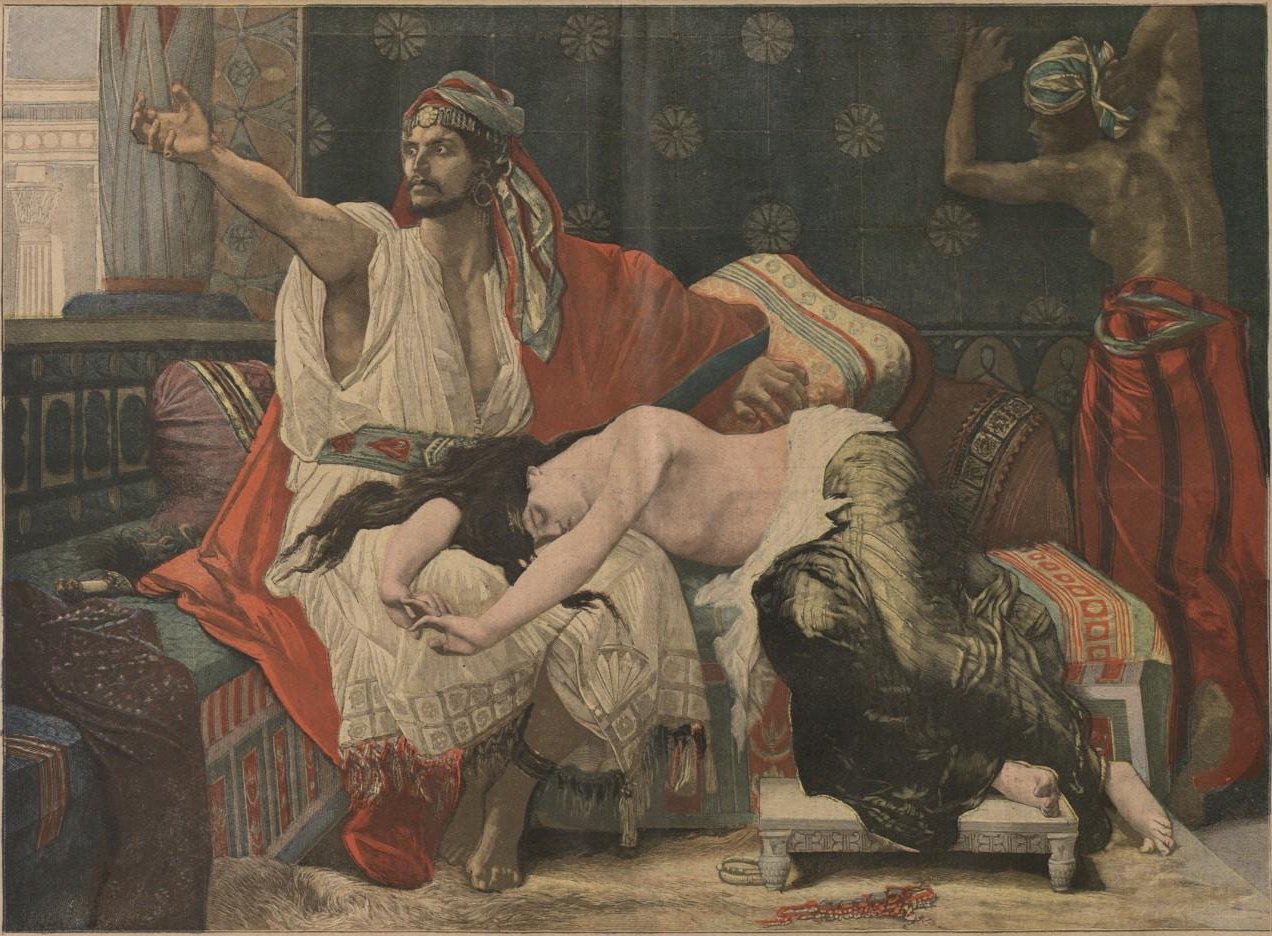 Mark 5:25-34 | Leviticus 15:19-30
Mark 5:25-34 | Leviticus 15:19-30I am a walking danger,
infectiously unclean,
can't touch or be touched,
for what I touch
I infect
with uncleanness.
I haven't felt a man's embrace
or stepped inside the temple courts
or hugged a child,
held a friend's hand,
these twelve long years -
untouchable.
I've gone to doctors
and spent all I had
till I'd spent myself dry -
to no avail.
Now here I am, bleeding,
worse than before.
Must I always be
untouchable?
I've heard of you from far away,
they say you heal, set captives free.
Can I believe that what they say
is meant for me?
But I'm unclean,
too unclean for the temple -
I must be too unclean for you.
But in my heart I know it's true
that you, Lord, are my only hope -
and this I know:
you'll heal me.
One touch,
one forbidden touch,
and you
will make me clean.
Jesus.
Can I dare?
I reach out my hand
and
touch
you.
___________________________________________________
[January 2012]
Read Leviticus 15:19-30 to see what rules there were concerning menstruation and unusual discharges like in the case of this lady.
It's quite complicated actually. Just try imagining it: every time you have a period, you can't touch anything or sit anywhere or anything! (On the other hand, it could give you a week off school... ^^) It might seem really strict, but in some ways it makes sense. As one of my Judaism handbooks says, it could give women a "time off" from their husbands. And keeping track of bodily fluids and things could keep diseases in check in earlier times when such things were more dangerous.
But such laws could also become very oppressive, especially for this woman who couldn't freely touch people and things without having to watch out, who couldn't even worship God in the temple.
When I first read about those laws concerning menstruation, I noticed that this woman did something really really crazy and risky when she touched Jesus' robe. Because actually, if I understand it correctly, a person touching her would become unclean. But the wonderful thing that happened instead is: Jesus made her clean.
We don't need to be afraid of our problems "damaging" Jesus or bothering Him too much or putting Him off. We don't need to be afraid! Because He can take all those things away. There's no problem too deep to share with Jesus, and no sin too dirty for Him to forgive. Unbelievable but true.
Picture from the Roman Catacombs.



